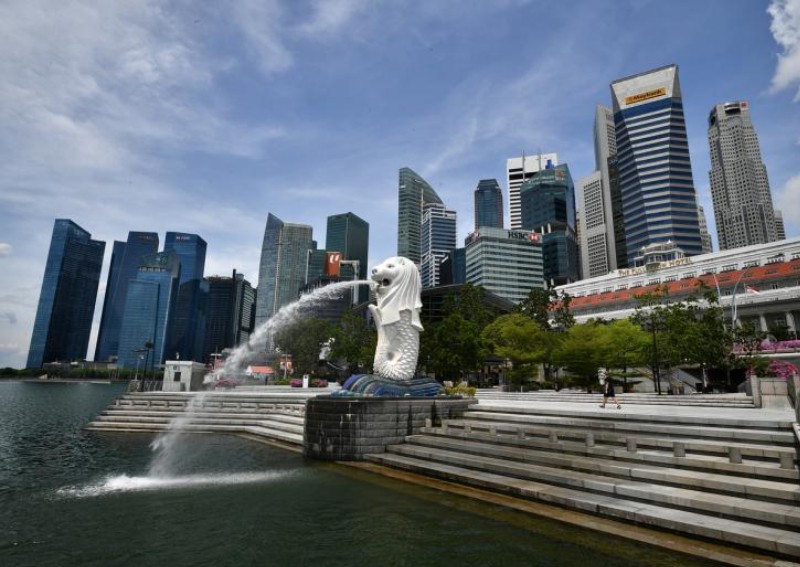Ticket sales for VTL flights and buses for travel into Singapore to be suspended


SINGAPORE - Airlines will no longer be allowed to sell new vaccinated travel lane (VTL) flight tickets from Thursday (Dec 23) until Jan 20, as Singapore tightens its borders amid a rising number of imported Covid-19 cases.
The suspension of sales also applies to those travelling on the Singapore-Malaysia land VTL.
But eligible travellers who have earlier bought tickets will still be allowed to travel via the quarantine-free travel scheme.
The Ministry of Health (MOH) announced the new border measures on Wednesday (Dec 22). The move - the biggest setback in Singapore's attempt to reopen its borders so far - comes as the number of imported cases hit a new high since the emergence of the Omicron variant.
“Our border measures will help to buy us time to study and understand the Omicron variant, and to strengthen our defences, including enhancing our healthcare capacity, and getting more people vaccinated and boosted,” the ministry said.
The authorities will also temporarily reduce VTL quotas and ticket sales for travel after Jan 20, in another move to limit exposure to imported Omicron cases.
The VTL scheme allows fully vaccinated travellers from selected countries to enter Singapore without having to serve quarantine. This facilitates quarantine-free travel to countries which have earlier opened up to Singapore.
The Civil Aviation Authority of Singapore (CAAS) said it will cap total ticket sales on VTL flights into Singapore at 50 per cent of the allocated quota from Jan 21.
Additional precautions will also be put in place to protect the aviation community, it added.
First, all airport workers who interact with arriving passengers, including those working in public areas such as taxi stands, will have to wear more personal protective equipment. This includes N95 masks and face shields.
Second, all frontline airport workers will minimally be placed on seven-day polymerase chain reaction (PCR) rostered routine testing, instead of the current seven-day antigen rapid test (ART) routine testing cycle.
[[nid:554349]]
In addition, for higher risk frontline airport workers, there will be an employer-supervised ART on the third day in between their 7-day PCR testing cycle.
Third, there will be an enhanced 7-day PCR rostered routine testing regime with an employer-supervised ART on the third day of the cycle for Singapore air crew.
As at Monday, there were 71 confirmed Omicron cases detected in Singapore, with 65 imported cases and six local cases. The MOH has said that given Omicron's high transmissibility and spread to many parts of the world, Singapore should expect to find more Omicron cases at our borders and also within our community.
Worldwide, several countries have tightened both border and local restrictions in the face of the Omicron variant.
For example, Italy has changed its Covid-19 risk assessment of Singapore, and has thus banned tourists flying over from the Republic.
This article was first published in The Straits Times. Permission required for reproduction.